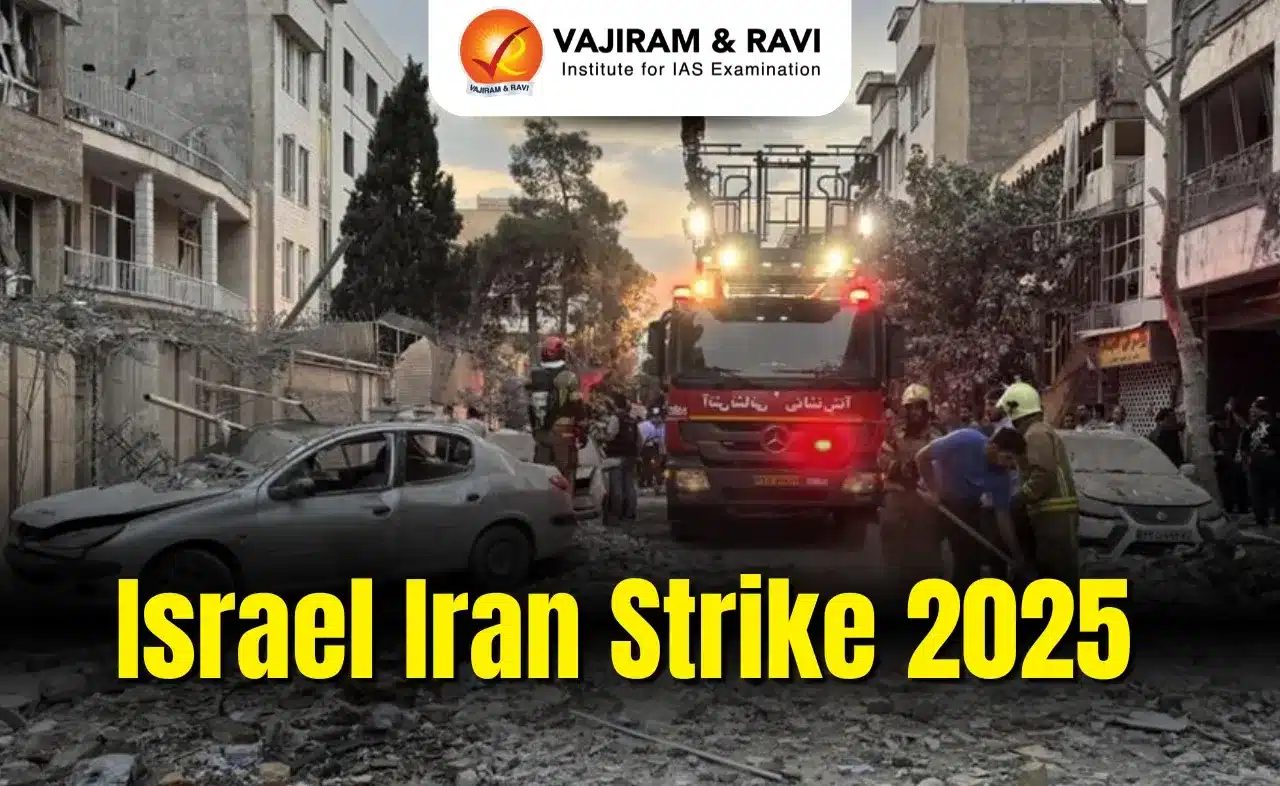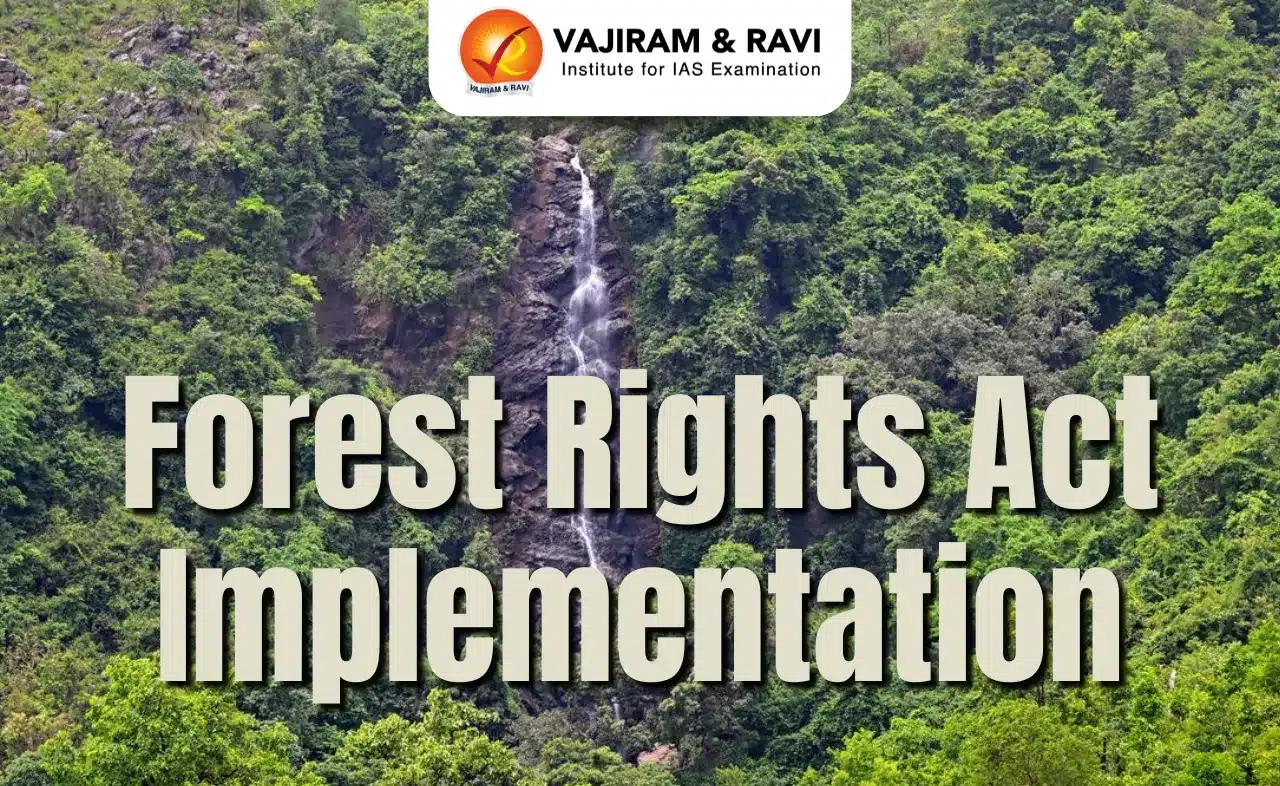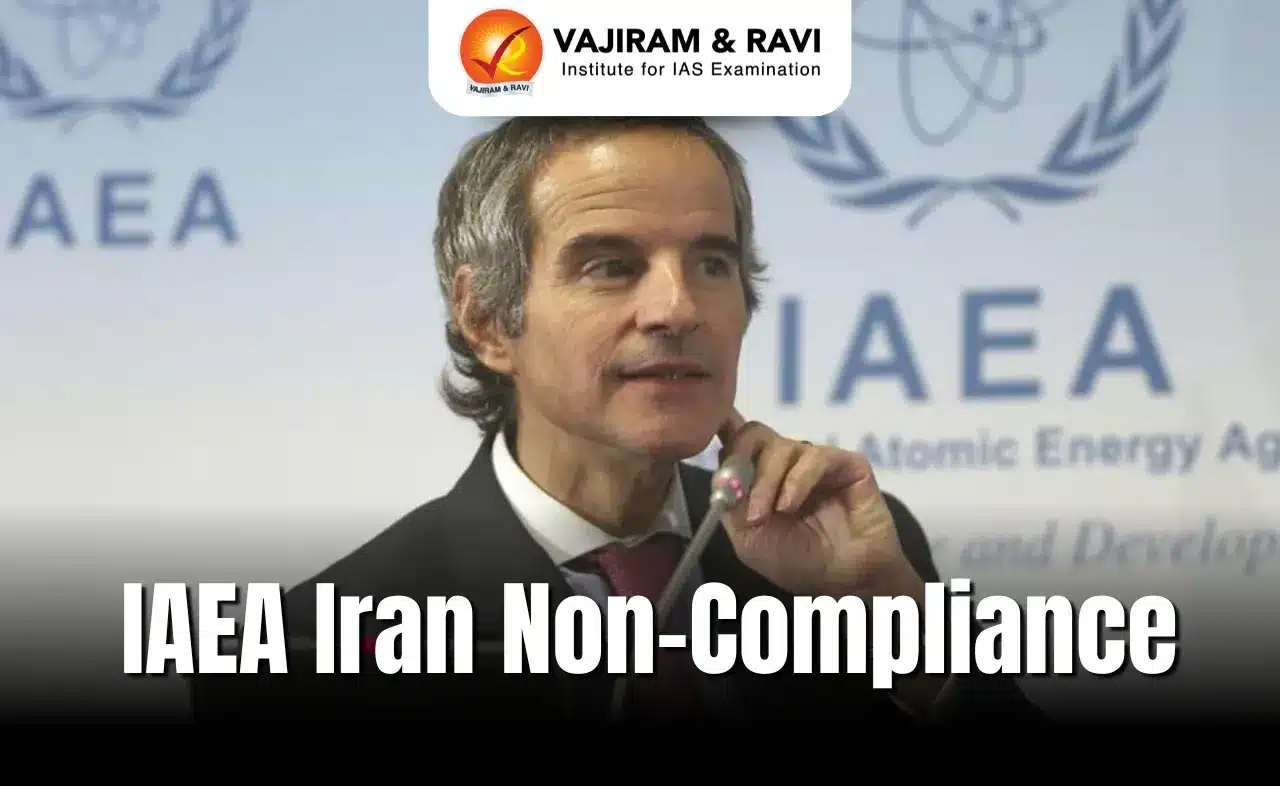What’s in today’s article?
- Why in news?
- What is United Nations Security Council (UNSC)?
- UNSC Reform
- What is Inter-Governmental Negotiations (IGN)?
Why in news?
- India’s Permanent Representative at the UN Ambassador Ruchira Kamboj, speaking at the Inter-Governmental Negotiations on Security Council Reform stressed upon the need for comprehensive reform of the Security Council.
- India has questioned how much longer can the will of five permanent members of the UNSC continue to override the collective voice of the world organisation’s 188 member states.
- India also stressed that equity must be the cornerstone of global efforts to reform the 15-nation UN body.
- Equity demands that every nation, irrespective of its size or power, be afforded an equal opportunity to shape global decision-making.
- India highlighted that expanding only in the non-permanent category of the Council will not solve the problem.
- It will in fact will widen the difference between permanent and non-permanent members even more, thereby perpetuating inequities instead of removing.
United Nations Security Council (UNSC)
- About
- The United Nations Charter established six main organs of the United Nations, including the UN Security Council (UNSC).
- UNSC has the primary responsibility for the maintenance of international peace and security.
- Under the UN Charter, all Member States are obligated to comply with Council decisions.
- The Security Council has a permanent residence at the United Nations Headquarters in New York City.
- Powers:
- Establishment of peacekeeping operations.
- Establishment of international sanctions.
- Authorisation of military action through Security Council resolutions.
- Members:
- The U.N. Charter provides for 15 members of the UNSC:
- Five permanent members are known as P5, including the United Kingdom, China, France, Russia and the US.
- They have veto power over decisions of the UNSC.
- 10 non-permanent members. Each year the 193-member General Assembly elects five non-permanent members for a two-year term at the UNSC.
UNSC Reform
- About
- UNSC reform refers to the process of revising and updating the structure, composition, and functioning of the United Nations Security Council (UNSC).
- The UNSC is one of the six principal organs of the United Nations and is primarily responsible for maintaining international peace and security.
- However, its current configuration and decision-making processes is not representative of the current geo-political realities.
- Hence, there is a demand for reform in the UNSC.
- Reforms in areas
- The United Nations Security Council (UNSC) reform includes five key issues:
- Categories of membership
- The veto held by the five permanent members
- Regional representation
- The size of an enlarged Council and its working methods
- The Security Council-General Assembly relationship
- The United Nations Security Council (UNSC) reform includes five key issues:
- Challenges faced
- Resistance from Current Permanent Members (P5)
- Lack of Consensus among Member States
- Different countries have diverse interests, priorities, and visions for how the council should be reformed.
- Complexity of Reform Proposals
- There are various proposals for reforming the UNSC, including those related to the expansion of permanent and non-permanent membership, the question of veto power, and regional representation.
- Finding a consensus on these complex issues requires diplomatic negotiation and compromise among member states.
- Slow Pace of Negotiations
- The process of UNSC reform has been characterized by slow progress and incremental changes.
- Negotiations within forums like the Inter-Governmental Negotiations (IGN) have often been protracted, with divergent views among member states impeding substantive reform efforts.
Inter-Governmental Negotiations (IGN)
- About
- IGN is a series of discussions and negotiations among member states of the United Nations aimed at reforming the structure and functioning of the UNSC.
- The IGN process was initiated to address the perceived need for the expansion of the Security Council’s membership to better reflect contemporary geopolitical realities and to enhance its legitimacy and effectiveness.
- IGN was formally recognized by the United Nations General Assembly (UNGA) in 2008 as a platform for member states to engage in discussions and negotiations regarding the reform of the UNSC.
- However, the diplomatic impasse persists in part because member states have never agreed to negotiate on.
- Composition
- The IGN is composed of several different international organisations, namely:
- The African Union;
- The G4 nations (India, along with Brazil, Japan and Germany are pressing for a permanent seat in the reformed UNSC);
- The Uniting for Consensus Group (UfC), also known as the “Coffee Club”;
- The L.69 Group of Developing Countries;
- The Arab League; and
- The Caribbean Community (CARICOM).
- The IGN is composed of several different international organisations, namely:
- Features
- Each group represents a different set of positions vis-a-vis reforming the UNSC.
- The group’s conversations are considered “informal” in nature due to the lack of single text, and thus, UNGA rules of procedure do not apply.
- But in 2015, a framework document was agreed when it comes to the reform, which can be the basis for future talks.
Q1) What is the United Nations General Assembly (UNGA)?
The United Nations General Assembly (UNGA) is the main governing body of the United Nations. It is a unique forum for multilateral discussion of international issues.
Q2) What is the Caribbean Community (CARICOM)?
The Caribbean Community (CARICOM) is an intergovernmental organization that was established in 1973 in Chaguaramas, Trinidad. CARICOM is a political and economic union of 20 countries, including 15 member states and five associated states.
Source: How long will 5 members override 188 nations: India on UNSC reform | United Nations | India Today
Last updated on June, 2025
→ UPSC Notification 2025 was released on 22nd January 2025.
→ UPSC Prelims Result 2025 is out now for the CSE held on 25 May 2025.
→ UPSC Prelims Question Paper 2025 and Unofficial Prelims Answer Key 2025 are available now.
→ UPSC Calendar 2026 is released on 15th May, 2025.
→ The UPSC Vacancy 2025 were released 1129, out of which 979 were for UPSC CSE and remaining 150 are for UPSC IFoS.
→ UPSC Mains 2025 will be conducted on 22nd August 2025.
→ UPSC Prelims 2026 will be conducted on 24th May, 2026 & UPSC Mains 2026 will be conducted on 21st August 2026.
→ The UPSC Selection Process is of 3 stages-Prelims, Mains and Interview.
→ UPSC Result 2024 is released with latest UPSC Marksheet 2024. Check Now!
→ UPSC Toppers List 2024 is released now. Shakti Dubey is UPSC AIR 1 2024 Topper.
→ Also check Best IAS Coaching in Delhi





















